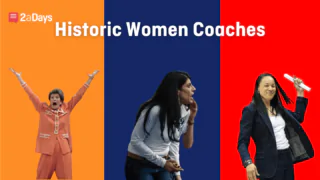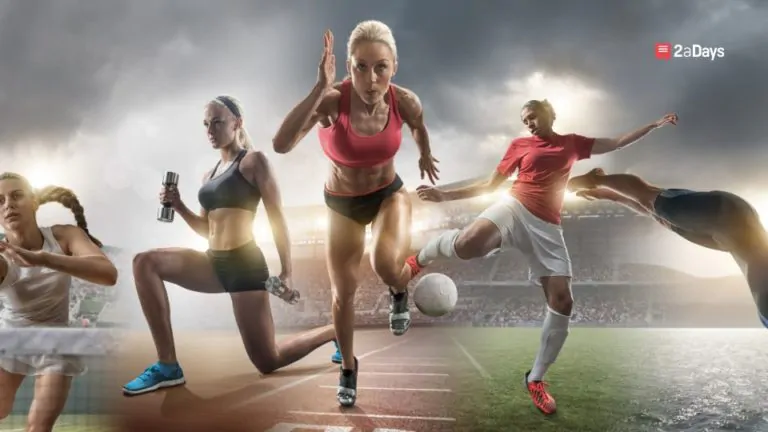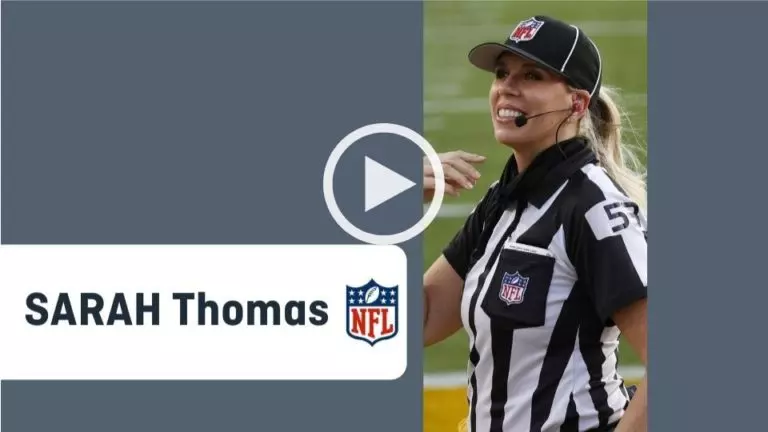It's no secret that women in collegiate sports have come a long way since Title IX. For those not familiar with the Education Reforms of 1972, it states:
“No person in the United States shall, on the basis of sex, be excluded from participation in, be denied the benefits of, or be subjected to discrimination under any educational program or activity receiving federal financial assistance (U.S. Department of Justice, 20 U.S.C. §1681).”
The greatest legal implications came in the field of sports as many schools had already proved to be providing equal opportunities educationally. Now, greater opportunities were presented to women in sports at all levels of education. However, some current implications of Title IX contradict the civil rights legislation's original intention.
Government officials and educational administrators have transformed Title IX into a quota-driven system. Reverse discrimination can happen as a result of this when athletic programs fear legislations. Schools install systems of “statistical proportionality” so athletic opportunities are available to the genders, as they comprise the student population. The problem with this is that at an increasing rate at higher levels of education- less women are interested in participating in athletics.
Football presents another problem for schools fearing Title IX legislative action. Football is a lucrative sport for many schools, so this requires a deep roster, and therefore has no female equivalent. The roster number can be balanced with multiple female sports to fulfill opportunity quotas, but likely at the expense of smaller, less-lucrative men's sports.With every civil rights issue, legislation often lays the ground work for change, but social leadership is needed to concretize equality. Women in sports need leadership.
Administratively, this means bringing more women into coaching and administrative positions for athletics. Women are underrepresented in coaching positions, even though many female athletes could be more empowered by female leadership. In her book, Are We Winning Yet? How Women are Changing Sports and Sports are Changing Women, Mariah Burton Nelson describes what she calls a “partnership model” for female athletics. In this model, athletes, coaches, and even competitors are bound by a camaraderie that pushes them to greatness together. The basis of the model is strong female leadership.
The National Football League's Roger Goodell presented their idea of introducing a Rooney Rule for women at the first ever “Women's Summit” at Super Bowl 50. The Rooney Rule requires league teams to interview minority candidates for head coaching and senior football operation jobs. Enacting changes like this will facilitate female athletic empowerment.
Social leadership can also come from professional athletes and how they are portrayed in the media. In the Rio Olympic Games U.S. men took home 55 medals -U.S. women took home 61. Media coverage continued to concentrate around the men's sports even with the impressive performance from the women. This was more disconcerting, since most of the viewers for the Olympic Games were female. Even during the Games, notable news outlets like The Chicago Tribune were criticized for their sexist headlines. Women have to take advantage of the opportunities offered to them by the Title IX initiative to do away with the quota system. The media has the power to change the way female athleticism is stigmatized, combatting the retention issue faced by female athletics.
Equal participation in athletics at the elementary level shows that it's not a matter of females not wanting to compete, but more females not having the same support from direct leadership and society to continue athletics through high school and college. Title IX has laid the ground work for change but it will take a supportive social climate and strong female leadership to get women off the sidelines.
Related: espnW Pat Summitt Coaching Award
* Originally published on November 4, 2016, by Alexandra Cerbone







